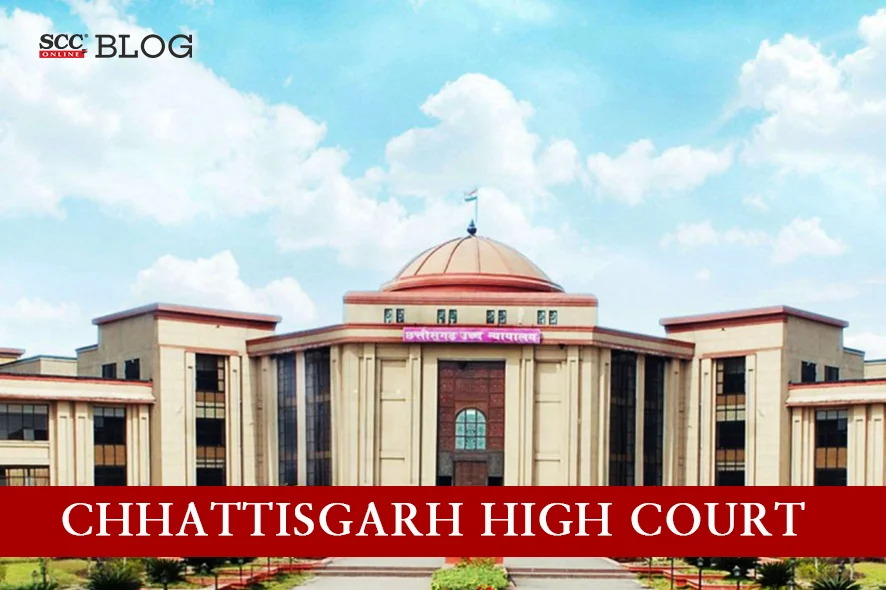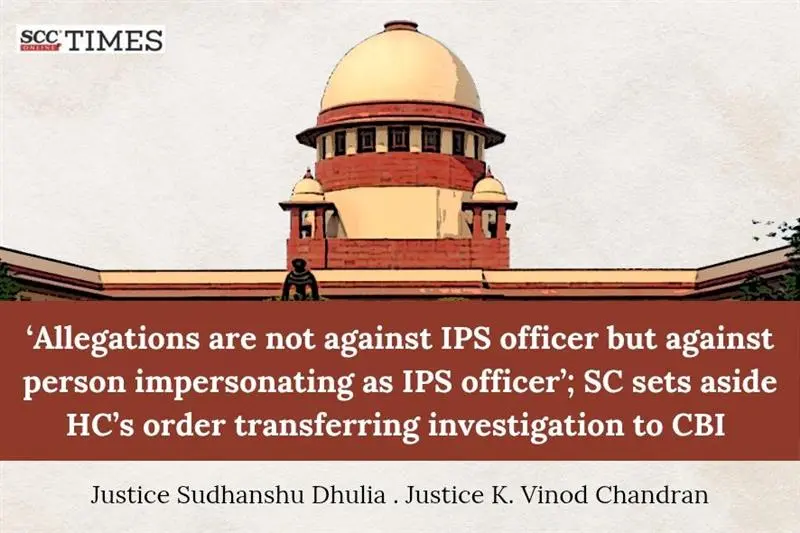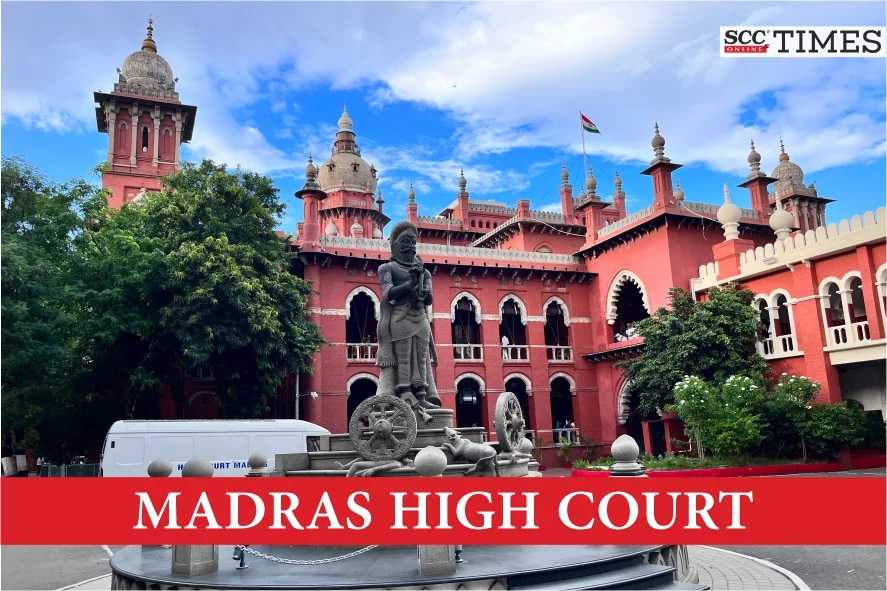Chhattisgarh High Court: In a case, wherein the question arose that whether the complaint/FIR filed by the second wife for commission of punishable under Section 498-A of the Penal Code, 1860 (‘IPC’) would be tenable or not, the Division Bench of Sanjay K. Agrawal* and Sachin Singh Rajput, JJ, relied on the principles laid down in Shivcharan Lal Verma v. State of Madhya Pradesh, 2007 15 SCC 369 and opined that the complaint/FIR lodged by second wife for commission of offence punishable under Section 498-A of the IPC“) would not be tenable.
Background
In an instant case,Respondent 3 filed a written complaint against the co-accused and the present petitioners and alleged that she was married to the co-accused on 19-07-2018, who was already married to Petitioner 1. It was further alleged that immediately after her marriage, the petitioners and the co-accused started harassing and treated her with cruelty. As a result, Respondent 3 filed a written complaint for the offence under Section 498-A read with Section 34 of the IPC against the petitioners and the co-accused.
Thus, the petitioners sought to quash the charges against them by filing the present petition under Section 482 of the Criminal Procedure Code, 1973 (‘the CrPC’).
However, during the course of hearing in the present petition, the Single Judge found conflict with the decisions rendered in Shivcharan Lal Verma v. State of Madhya Pradesh (‘Shivcharan Lal Verma case’), (2007) 15 SCC 369 and Rajinder Singh v. State of Punjab, (2015) 6 SCC 477 (‘Rajinder Singh case’). Therefore, the matter was referred to the Division Bench on the question that whether the complaint or FIR lodged by the second wife for commission of offence punishable under Section 498-A of the IPC would be tenable or not.
Analysis, Law, and Decision
The Court referred to Shivcharan Lal Verma case, wherein it was clearly held that the appellant’s second marriage, during the subsistence of a valid marriage was null and void and consequently, quashed the appellant’s conviction under Section 498-A of the IPC, and opined that the principles of law laid down in Shivcharan Lal Verma case (supra), was recently followed in P Sivakumar v. State, (2023) SCC OnLine SC 1737.
Thereafter, the Court referred to Rajinder Singh case(supra), and opined that this case was with regard to applicability of Section 2 of the Dowry Prohibition Act, 1961, and did not deal with the issue as to whether prosecution under Section 498-A of IPC was maintainable at the instance of the second wife.
The Court opined that there was no apparent conflict with the decision rendered by the three judges bench of the Supreme Court in Shivcharan Lal Verma case and Rajinder Singh Case, however, even if there was any conflict, it had been held in Union Territory of Ladakh v. Jammu & Kashmir National Conference, (2023) SCC OnLine SC 1140 that in case of conflicting judgements by benches of equal strength of the Supreme Court , the earlier one had to be followed.
Thus, the Court relied on Shivcharan Lal Verma case, and opined that the complaint or FIR filed by second wife for commission of offence punishable under Section 498-A of the IPC would not be tenable and directed the matter to be placed before Single Judge for deciding the petition under Section 482 of the CrPC in light of the principle observed in this case.
[Suman Sharma v. State of Chhattisgarh, 2024 SCC OnLine Chh 416, decided on 18-01-2024]
*Judgment authored by- Justice Sanjay K. Agrawal
Advocates who appeared in this case :
For the Petitioners: Sabyasachi Bhaduri and Khulesh Sahu, Advocates
For the Respondents: Ashish Tiwari, Govt. Advocate and Malay Shrivastava, Advocate













Any Law should not be based on religious caste and creed. It must be a unified civil or criminal code for justice on principles of natural justice and no discrimination / discriminating powers